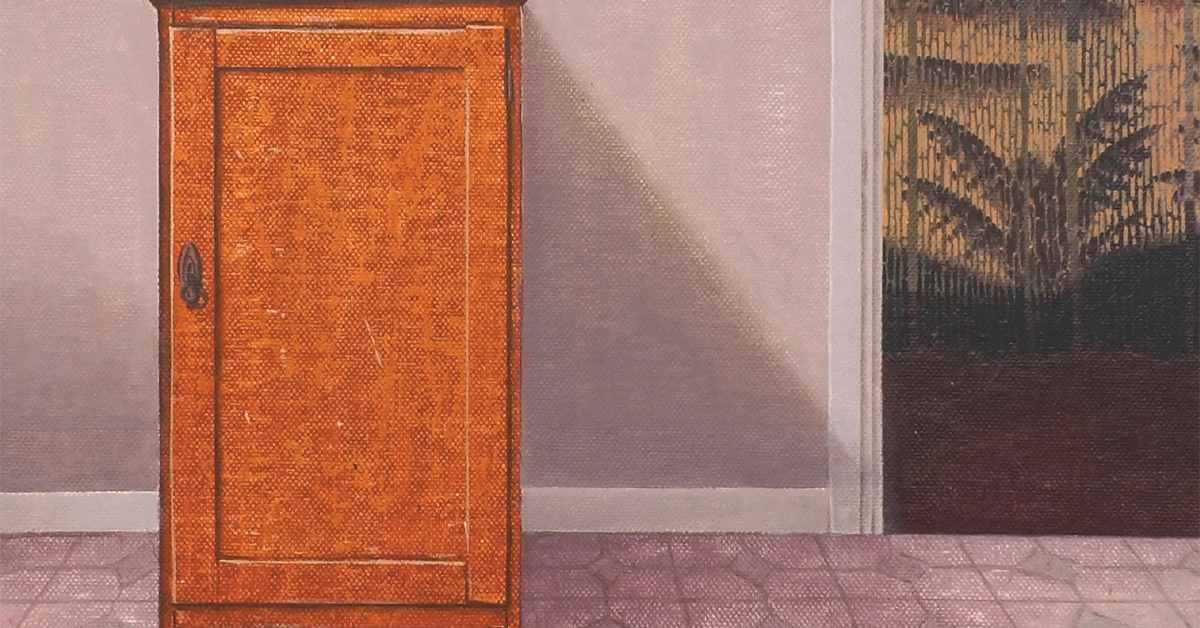In the time since our last edition, the Victorian Aboriginal community has lost two of its most prominent Elders, Uncle Archie Roach and Uncle Jack Charles. Both were survivors of a brutal regime of state-sanctioned removal and assimilation that continues to tear apart Aboriginal families today. Both will be sorely missed from the community in which Overland lives and works, and remembered forever for their compassion, resilience and leadership.
In issue 239 of Overland, the Wiradjuri writer Vanamali Hermans described her own family’s brutal experience of the colonial attitudes that inform Australia’s medical services. In keeping with Overland’s ethos of productive solidarity, in this issue we’re proud to publish Caitlin Prince’s reflection on combating similar assumptions working in remote health care. Further investigating the problematics of colonial self-recognition to Australian film and literature, Gregory Marks uses the fiftieth anniversary of the release of Ted Kotcheff’s Wake in Fright to think through the imbrication of settlement’s egalitarian tendencies with its darker impulses. Marg Hooper’s spatial essay ‘They Hunger Violently for It’ follows this thematic with an exploration of the ecological haunting effected by destructive mining practices. In ‘An Almanac of Lost Things’ Lachlan Summers delves into the fundamental uncanniness of ‘Climate Change’ through the writing of Jorge Luis Borges, and the nomenclature of disaster. Finally, Jack Kirne’s essay ‘A Change in the Air’ generatively stages the material politics of the shifting tropes of atmosphere.
Bugalwan, solidarity,
Evelyn Araluen & Jonathan Dunk



